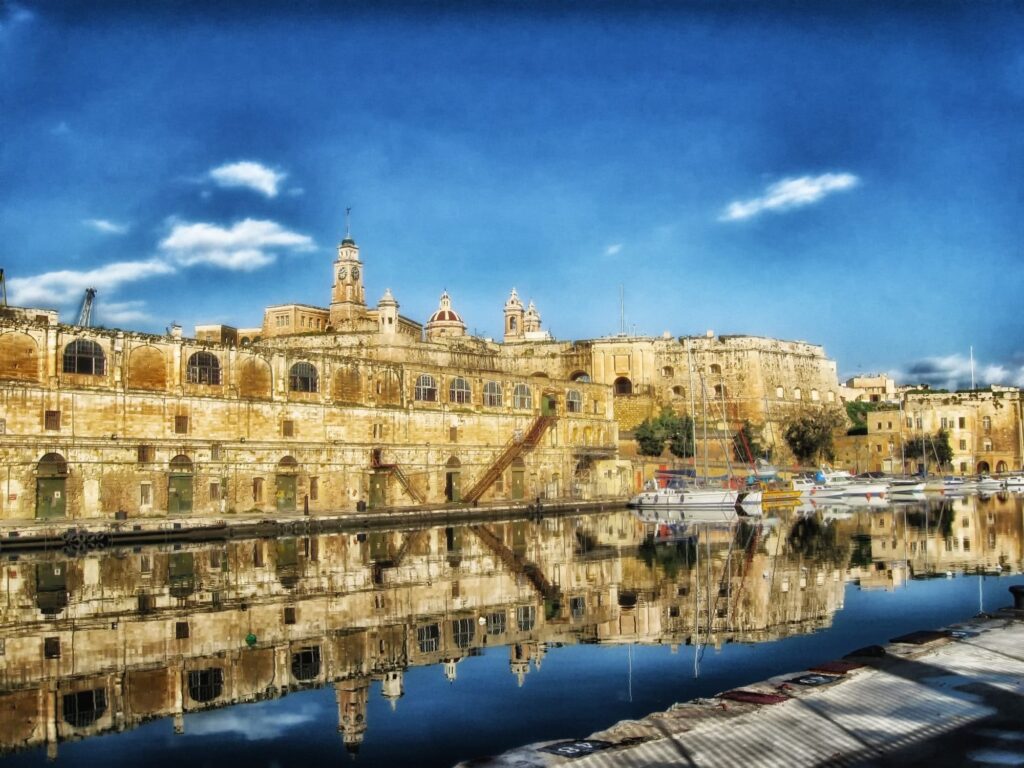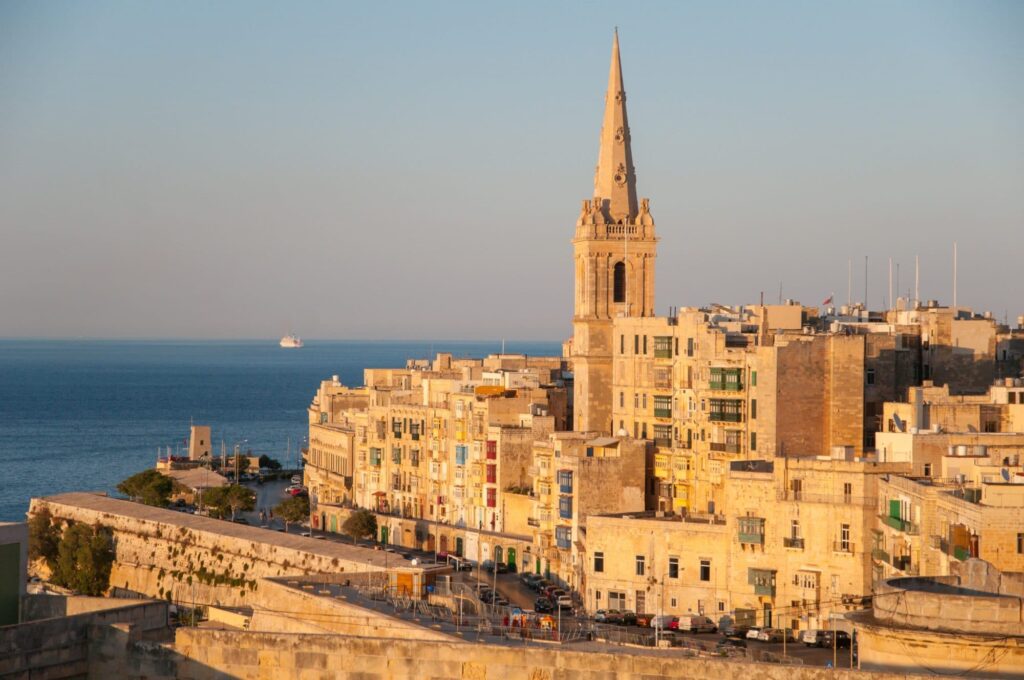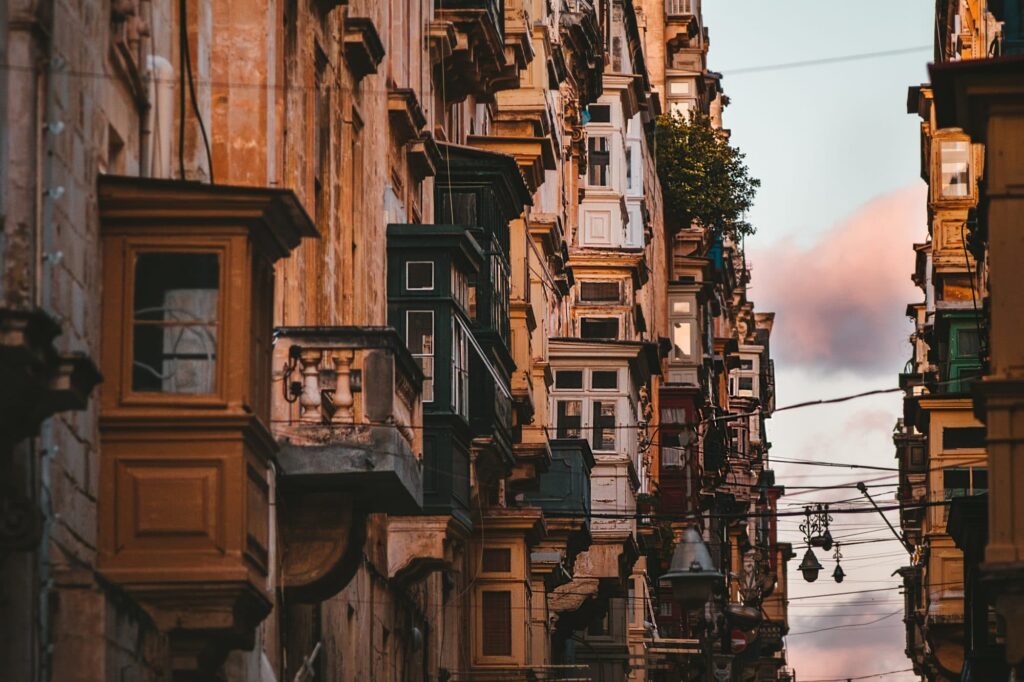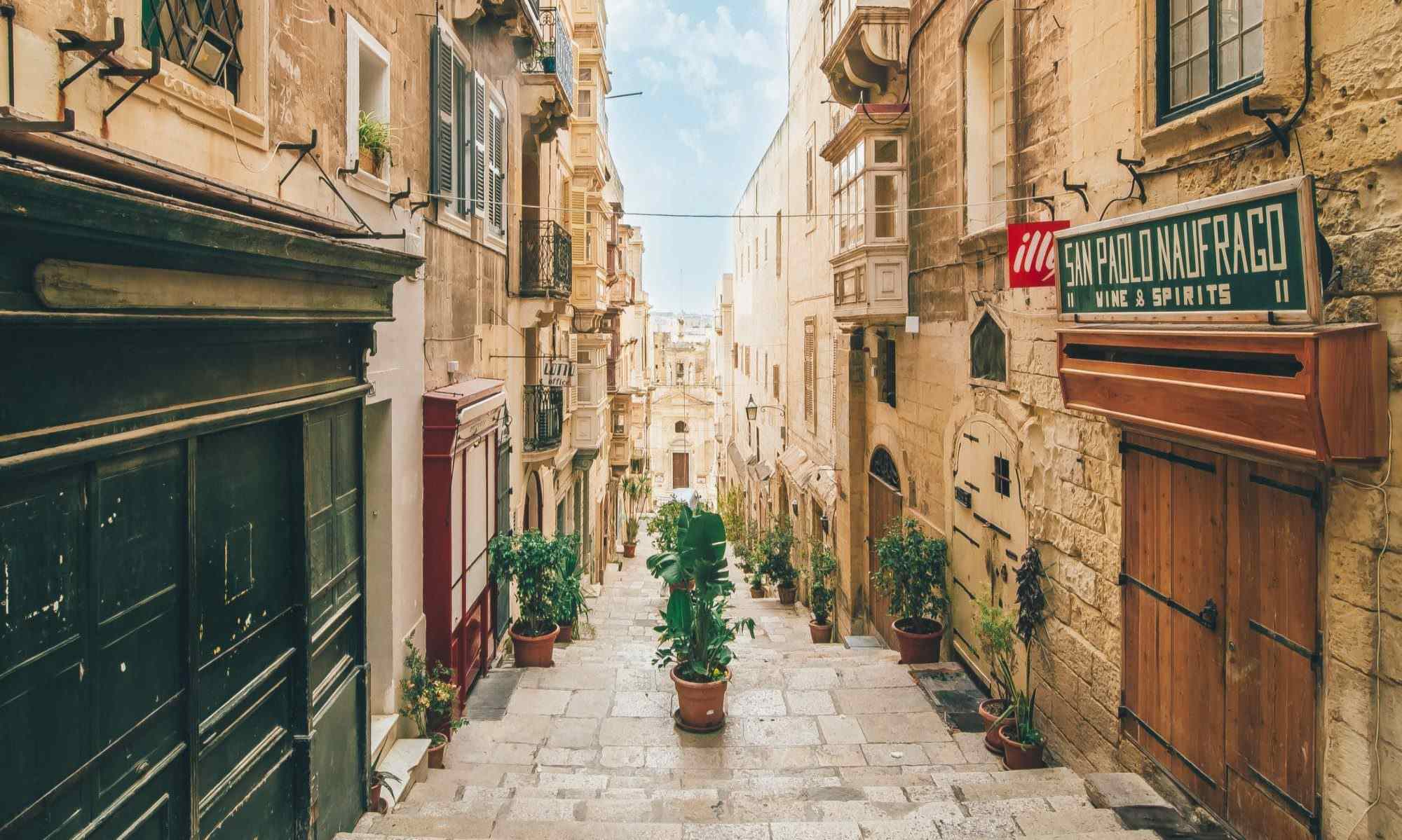Malta is a country at many people’s center of attention. People and businesses who think of the world as one global place, see the opportunity that Malta represents.
That means that Malta also has a dynamic and shifting real estate market that has some important intricacies to it.
Finding a home is about more than just making a list of must-haves and then buying the property that fits the bill. Conversely, selling a property in Malta’s hot real estate market also takes strategy.
From the perspectives of both tax rates and regulations, the Maltese government is obviously paying close attention to the property market in Malta and is set on actively participating. Some of these stipulations apply in particular if you’re not a Maltese citizen.
This guide will walk you through all of the finer details of buying and selling property in Malta from the taxes involved to how your nationality affects the rules you need to follow.
Table of Contents
How to Buy Property in Malta
There is a relatively standard and straightforward process for buy and selling property in Malta. The usual steps are:
- Hire a notary and possibly also a lawyer who specializes in real estate law.
- Find a property in Malta that meets your needs.
- Negotiate the details with the seller until you can agree on a written contract called a konvenju, or “promise of sale”. It covers:
- The price.
- Ground rent conditions (if applicable).
- Any repairs or other work to be done by the seller before the sale is final.
- Furniture and fixtures that will be included as part of the sale.
- The time until the conditions must be met and the deal closes. (Usually three months, but sometimes six months and rarely as long as one year.)
- Conditions (such as defects in title) that would release the buyer from their obligation.
- What deposit the buyer owes the seller when the konvenju is signed.
- Pay the deposit and the first fifth of the stamp duty, effectively a tax on buying property in Malta, equal to 1% of the agreed purchase price.
- Have your notary conduct all appropriate searches to ensure the property has a clear legal title.
- Apply for a bank loan, if necessary, in a timely manner.
- Once the term expires and all conditions have been met a final agreement is made and read out to both parties.
- The balance of the price paid by the buyer to the seller and keys are exchanged.
- The seller pays any taxes he owes from selling property.
- The buyer pays the balance of the stamp duty and the notary’s fee.
Ground Rent: One of the Trickiest Parts of Buying Real Estate in Malta
Ground rent, or emphyteusis, is a very old concept that is still quite common in Malta. The idea started here when the Maltese government made large tracts of land available for housing and stipulated that yearly fee would be paid by the new owners.
Put simply, the concept requires the buyer to pay the seller rent annually. It may also require that they make certain improvements or limit their freedom to make alterations without approval.
Ground rent arrangements can be either temporary or permanent. Land that is sold without a ground rent condition is called freehold. Ground rent may be the same every year or it could vary according to a schedule set out in the contract.
According to Maltese law, a buyer may release himself from a permanent ground rent contractor by paying the seller, at any time, 20 times the annual rent.
Buying Property in Malta as a Foreigner
Malta is an open society with friendly people and government policy focused on attracting newcomers to the country. That applies in particular to wealthy investors and workers in the financial services, gaming and aviation sectors.
While this is great for the country’s economy, it can also cause some issues for the local population. The limited land mass, coupled with a high influx of wealthy expats causes the demand for properties to skyrocket, which in turn leads prices to balloon as well.
In order to protect the rights of Maltese citizens and prevent the market from becoming too competitive, the Maltese government has implemented as series of rules.
Rules for EU Citizens
You may think that EU citizens would be able to buy property as they please. However, due to the limited landmass within the archipelago, there are several restrictions in place. In fact, these restrictions can even apply to Maltese citizens in some cases.
If you want to know more about the rules for non-residents buying property, you can check out out guide on buying property in Malta as a foreigner.

Rules for Non-EU Citizens
It should come as no surprise that if EU citizens and non-resident Maltese citizens have certain restrictions, non-EU citizens will do so too. In fact, not every non-resident will be allowed to do so, only those with previous authorisation can invest in Maltese properties.
Our article covers everything third country nationals need to know about buying Maltese real estate.
What Is an Acquisition of Immovable Property Permit?
An acquisition of Immovable Property is a special permit that allow non-citizens to purchase property within the isles. Again, due to the limited landmass, the Maltese government prioritizes their own citizens when it comes to distributing land.
Only those who meet certain criteria will receive an AIP Permit, and even when they do, any real estate they purchase will be subject to stringent conditions.
If you want to know more about AIP Permit, and if you need to apply for one, consider reading our in depth guide for expats looking to invest in Maltese real estate.
Special Designated Areas: The Easiest Maltese Real Estate to Buy
These are developments — in many cases a mix of residential and commercial space — that were often built to revitalize areas that had fallen into disuse and to meet the demand for homes and offices from Malta’s new economy staffed (largely) by expats.

There are no restrictions on who can buy property in Special Designated Areas (SDAs), foreigners can buy multiple properties in SDAs and can rent them out. The complete list of Special Designated Areas in Malta and Gozo now also includes the Mistra Heights project.
Tax on Buying Property in Malta
Malta does not charge a regular, annual property tax. Instead, property transfers are taxed in two ways.
The Buyer Pays a Stamp Duty
Anyone who buys invests in Maltese real estate is liable for a 5% duty on the purchase price. One-fifth of this, or in other words 1% of the purchase price, is due on the signing of the original contract or konvenju.
There are a few cases where the buyer pays a reduced rate of stamp duty when buying Maltese properties:
- If it is the buyer’s first (worldwide) real estate purchase the first €150,000 is exempt. Above that, the regular 5% is paid.
- Properties within the Urban Conservation Areas designated by the Maltese government are only subject to a 2.5% stamp duty.
- Gozo properties only have a 2% stamp duty applied to the purchase price.
These exceptions are technically only in force for one year but have been regularly renewed by the Maltese government in their annual budgets.
Stamp duty is not paid on any of the moveable property, such as furniture or appliances, that is included in the purchase price.
The Seller Pays a Final Withholding Tax
As of January 1, 2015, Malta replaced the previous system that combined a withholding tax with a tax on capital gains. Now, the seller of immovable property pays an 8% final withholding tax on the purchase price.
The only exceptions to this rate are:
- If the property was acquired by the seller before January 1, 2004, they pay 10% withholding tax on the purchase price.
- Property bought to build a sole principal residence and sold within three years is only taxed at 2%.
- If the property is within a designated Urban Conservation Area, it may qualify for a reduced rate (5%) of withholding tax if the seller has met certain conditions.
- Certain arms-length transfers, made within five years after the property was acquired also qualify for the reduced 5% rate.
These exceptions are all somewhat rare and are based on a complicated set of rules that you are probably best to have a professional help you navigate.
Energy Performance Certificates: An Important Step in Selling Maltese Real Estate
When selling Maltese properties, the law (as well as an EU directive) requires the seller to have an Energy Performance Certificate prepared. The seller then must ensure that the buyer sees the EPC before agreeing to buy the property and receives a copy on signing the original contract.

An EPC rates a home’s energy efficiency and points out areas where it could be improved. In other words, it is roughly equivalent to a property version of the energy efficiency stickers on appliances.
Selling Inherited Real Estate
When immovable property is inherited as part of an estate in Malta each heir has a notary register a deed of causa mortis. As well as stating ownership this document also declares a value for the property, which is subject to review by the Maltese government.
Selling inherited property is subject to capital gains tax at the rate of 12%. The gain is calculated as the difference between the sale price and the value declared on the deed of causa mortis at time of inheritance.
Certain factors can complicate the question of how to handle a sale of inherited property including:
- The property was inherited before November 25, 1992 and therefore is eligible for a reduced rate of capital gains tax.
- One heir is compensating another for their share of the property with cash from outside of the estate.
- Divorces or deaths have changed the list of heirs since the will was read.
If any of these apply to your situation it may be wise to seek the help of a professional tax advisor in Malta.
Buying and Selling Property in Malta an Overview
Malta has a fairly regimented system of regulations and laws that apply to selling property. Important points to keep in mind include:
- When purchasing Maltese properties you are responsible for hiring a notary who will represent your interests separate from those of the seller.
- Two contracts are negotiated, the original konvenju that sets out the terms and then the final sale agreement.
- The seller pays capital gains or withholding tax after the sale is complete and the buyer is responsible for paying the stamp duty.
- Not all foreigners are allowed to purchase property. We put put together an in-depth guide to help any expats who wish to do so.
If after reading this advice on buying property in Malta you still have questions, get in touch and I’ll be happy to help you work through the process.


